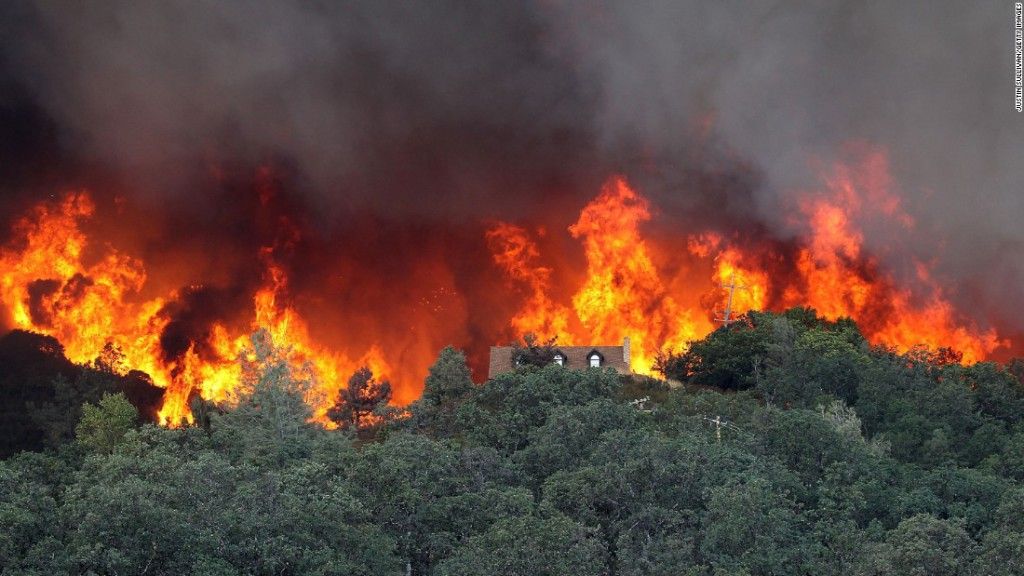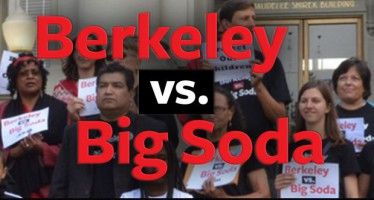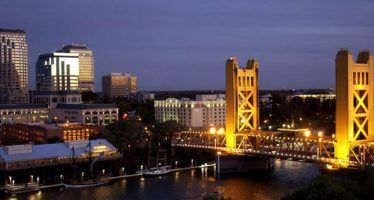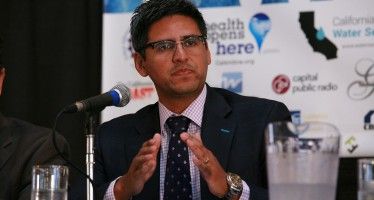Gov. Newsom pushes for quick action on wildfire plan

Gov. Gavin Newsom wants the Legislature to agree to sweeping reforms in wildfire liability rules by July 12, before lawmakers start a one-month recess.
After first calling on legislative leaders to shape new policies to help investor-owned utilities deal with a hotter, drier, more fire-prone era in April, Newsom put forward his own plan last week. It’s most significant change is an end to the state’s unusual “inverse condemnation” law that requires utilities be held liable for damages if their equipment sparks wildfires whatever the circumstances. Like predecessor Jerry Brown, Newsom thinks a more reasonable rule is to allow utilities to escape liability if there is evidence that their equipment was properly maintained – a standard used in most other states.
Newsom says this rule and the establishment of a $21 billion fund to help cover the cost of future blazes – paid for equally by shareholders and ratepayers of Pacific Gas & Electric, Southern California Edison and San Diego Gas & Electric – would go a long way toward stabilizing the state’s power grid and helping PG&E out of bankruptcy.
Thanks to a quirk, ratepayers might not even notice their share of the tab. That’s because a $2.50 monthly surcharge first imposed on utilities’ customers in 2002 to deal with heavy costs from the 2000-2001 energy crisis that is supposed to end next year would be renewed through 2035 to pay ratepayers’ share of the wildfire fund.
Brown’s call for weaker liability rules was rejected
But Brown got nowhere with his call last year to end “inverse condemnation.” And Newsom will face the same obstacles – and a new one. That’s the fact that many lawmakers may be ambivalent at best about helping PG&E come out of the bankruptcy process it initiated in January over at least $30 billion in claims from harsh wildfires in Northern California in recent years.
The reputation of the state’s largest utility has been in a free-fall since a 2010 gas pipeline explosion in San Bruno that killed eight people and led to PG&E’s conviction of six federal felonies for shoddy maintenance and interfering with federal investigators.
Yet after the utility promised it would do a far better job in inspecting and maintaining gas transmission lines, in December, the California Public Utilities Commission revealed that it had found that PG&E managers pressured workers to falsify “tens of thousands” gas safety inspections from 2012-2017.
The revelations stunned CPUC President Michael Picker – leading him to suggest for the first time that PG&E be taken over by the state, be broken up into smaller parts or otherwise go through a radical overhaul.
The view that PG&E status quo must end has been highly popular among Bay Area politicians, who cite the fact that Sacramento started up its own municipal utility nearly a century ago in response to poor, costly service from PG&E.
In May, San Francisco Mayor London Breed said the city was preparing a formal, multibillion-dollar offer for some of PG&E’s key assets. Breed said her city had a “unique opportunity” to bolster its “long-term interest.”
Help PG&E with bankruptcy? Or break it up?
State lawmakers from the Bay Area include some of PG&E’s most forceful critics, starting with Sen. Jerry Hill, D-San Mateo. Even before the revelation in December about PG&E’s years of falsifying gas inspection records, Hill had already called for the utility to be taken over by a public agency or coalition of agencies.
Hill and other lawmakers are unlikely to accept changes in “inverse condemnation” until PG&E is overhauled. One of the main reasons previous calls to change the rule have been opposed was because of concerns that letting up pressure on PG&E to meet safety standards would lead the utility to be reactive instead of proactive in maintaining its equipment.
Against this backdrop, Newsom’s push to get his fire relief plan approved by July 12 doesn’t appear realistic.
Chris Reed
Chris Reed is a regular contributor to Cal Watchdog. Reed is an editorial writer for U-T San Diego. Before joining the U-T in July 2005, he was the opinion-page columns editor and wrote the featured weekly Unspin column for The Orange County Register. Reed was on the national board of the Association of Opinion Page Editors from 2003-2005. From 2000 to 2005, Reed made more than 100 appearances as a featured news analyst on Los Angeles-area National Public Radio affiliate KPCC-FM. From 1990 to 1998, Reed was an editor, metro columnist and film critic at the Inland Valley Daily Bulletin in Ontario. Reed has a political science degree from the University of Hawaii (Hilo campus), where he edited the student newspaper, the Vulcan News, his senior year. He is on Twitter: @chrisreed99.
Related Articles
Berkeley finds it’s not easy imposing soda tax
The city of Berkeley, Calif., is finding it’s not so easy imposing a soda tax. Since the tax’s Jan. 1
LAO report: $1.3 billion state building plan lacks oversight
The $1.3 billion first phase of a project to build and modernize 11 state office buildings lacks adequate accountability and oversight and
Patterson bill: Pay for your own special election
State legislators occasionally leave office early — often for higher office or to cash in as a lobbyist — sticking taxpayers




